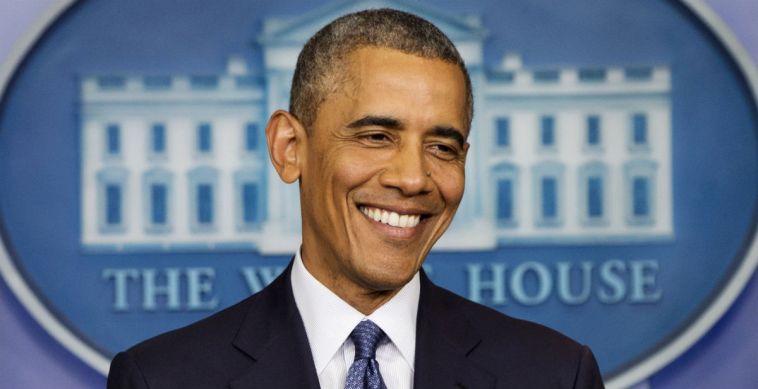After a dismal winter, the U.S. economy expanded at an annual rate of 4.6 percent in the spring, the fastest pace in more than two years, the government reported Friday. The solid rebound is expected to provide momentum for strong growth the rest of the year.
Videos By Rare
The Commerce Department said the April-June figure compared to a decline of 2.1 percent in the first three months of the year, when a harsh winter caused the biggest drop in activity since the Great Recession.
Friday’s result was even better than the 4.2 percent estimate made a month ago. The latest revision reflects improvements in business investment and exports. Economists believe the economy is growing above 3 percent in the current July-September quarter.
The 4.6 percent growth in gross domestic product, the economy’s total output of goods and services, was the government’s third and final look at GDP in the second quarter. The first estimate pegged growth at 4 percent and that was revised last month to 4.2 percent.
The final upward revision reflected new-found strength in business investment, which grew at an annual rate of 9.7 percent in the second quarter. The result is better than the government’s previous estimate of 8.1 percent, bolstered by both investment in structures and equipment.
The revision showed that export sales grew at an 11.1 percent rate in the second quarter, stronger than a previous 10.1 percent estimate, another factor helping to boost growth.
Consumer spending, which accounts for more than two-thirds of economic activity grew at a 2.5 percent annual rate, unchanged from the previous estimate but double the 1.2 percent growth in consumer spending in the first quarter.
The surge of activity this spring was in part a turnaround from a terrible winter, which disrupted factory production and kept consumers away from shopping malls.
Economists expect much less volatility in growth going forward. Many say the economy will grow at an annual rate of 3 percent or better in both the current July-September quarter and in the final quarter this year.
But because of the rough start to the year, growth for all of 2014 is expected to be a lackluster 2.1 percent, little changed from last year’s 2.2 percent GDP increase.
Analysts have much a much brighter outlook for 2015. They say that the economy is finally entering a period of above-trend growth as unemployment level falls. Those growing payrolls should translate into stronger consumer spending, which accounts for about two-thirds of economic growth.
Economists at JPMorgan Chase predict growth of 3 percent next year, a significant improvement over the average annual growth rates of around 2 percent that the country has experienced since the end of the recession in June 2009.
Federal Reserve policymakers last week decided to keep a key short-term interest rate at record lows, near zero, and indicated that they planned to keep it there for a “considerable time.”
Analysts viewed the Fed’s comments as support for their view that the Fed will not start to raise interest rates until the middle of next year. The low rates will help support more spending by consumers and businesses to boost growth and drive the unemployment rate lower.

